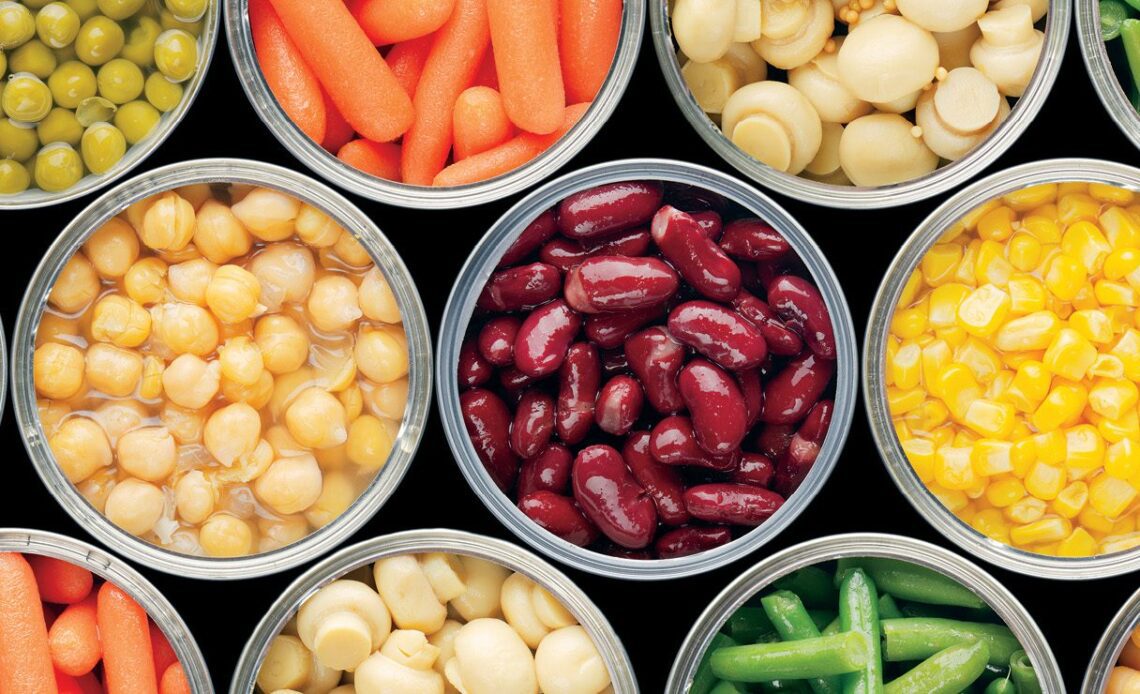Listen to any health-oriented podcasts or read the myriad diet-related books available and you’ll likely learn that you should stay away from processed foods. These are typically viewed as undesirable, having no place in a healthy eating plan. We are being issued warnings that if you eat too many of them, it’s just a matter of time before you see a downward spiral in health, no matter how many miles you are cranking out.
But too often, our understanding of processed foods is overly simplistic. They shouldn’t necessarily be demonized. Not all processed foods are created equal. Not even close. And there is no need to eliminate them from your kitchen or musette. Doing so could hurt your health and performance, not help.
Here’s how to decipher the difference between the types of processed foods and why that matters.
What are processed foods?
Technically speaking, any time you alter a food, it can be considered processed. A so-called “processed food” has been changed from its natural state using one or more of these processing methods: washing, freezing, chopping, milling, heating, pasteurizing, dehydrating, fermenting and packaging. In other words, almost anything that isn’t eaten raw or straight from a garden is processed to some degree. A bag of frozen mango, a can of diced tomatoes, a fillet of salmon, and a tub of Greek yogurt are considered processed foods. Peanut butter? You bet. Yet most of us should feel pretty good about including all of these as part of an overall healthy diet.
We, as health-conscious cyclists, shouldn’t forget that processed foods can still be dense in nutrition. For instance, a bag of processed frozen raspberries or broccoli florets—where the fruit and vegetable were frozen quickly to lock in the nutrition after being harvested—is jam-packed with important vitamins and antioxidants that hard-charging cyclists need. Processed packaged whole grain bread can deliver useful amounts of fibre. Convenient canned fish (definitely processed) is where you can help yourself to muscle-building protein and heart-benefiting omega fats.
Also, processed foods can help people lacking in culinary wizardry—or possibly the time to cook from scratch—to still eat well. If packaged, processed foods, such as frozen vegetables and canned beans, help you put healthy meals on the table consistently without overtaxing your time, energy and capability in the kitchen, that’s to be celebrated not disparaged.
What are…
Click Here to Read the Full Original Article at Canadian Cycling Magazine…

